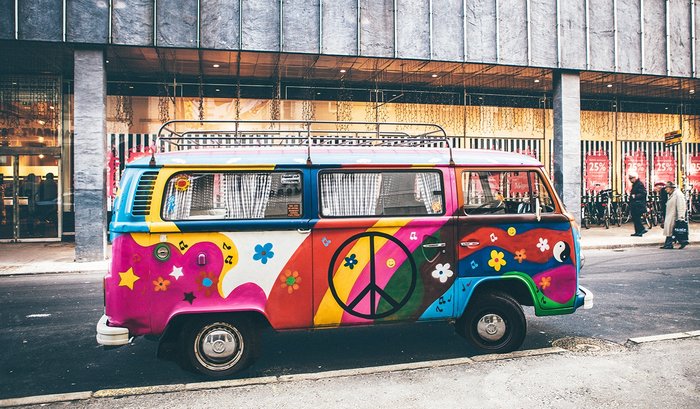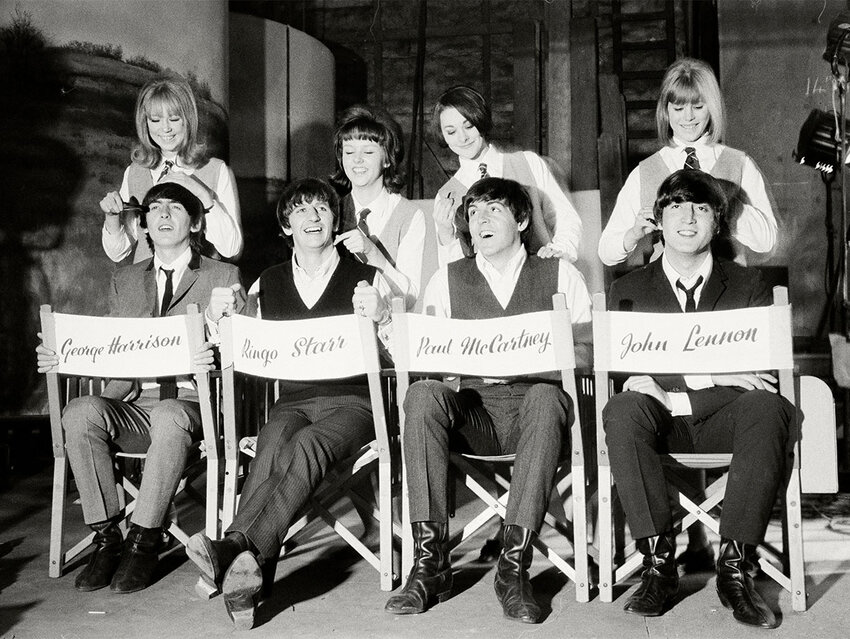
Counterculture
[KOWN-tər-kəl-chər]
Part of speech: noun
Origin: American English, mid-20th century
1.
A way of life and set of attitudes opposed to or at variance with the prevailing social norm.
Examples of Counterculture in a sentence
"Flower crowns and bell-bottom jeans were the uniform of the hippie counterculture of the 1960s."
"Artists, writers, and musicians are often symbols of the counterculture."
About Counterculture
Counter — "denoting movement or effect in the opposite direction" — pairs with "culture" to describe attitudes, beliefs, or a way of life that runs contradictory to the norm. The term "counterculture" can likely be applied to every youthful generation as they attempt to establish their own identity apart from that of their parents and grandparents. However, the word is specifically shorthand for the hippie generation of the 1960s and 1970s.
Did you Know?
The counterculture had been brewing for quite a while when American academic Theodore Roszak published "The Making of a Counter Culture" in 1969. He gave name to the generation of Vietnam War protesters and student dropouts who seemed to be rejecting established society. The counterculture of hippies hit its peak in the 1969 "Summer of Love" in San Francisco.








